Designing Your Outdoor Space with Vertical Composite Fencing
Introduction to Vertical Composite Fencing
Vertical composite fencing has become increasingly popular in recent years due to its versatility and durability. This type of fencing is made from engineered wood materials that are designed to withstand harsh weather conditions while maintaining an attractive appearance. Unlike traditional wood fences, composite fencing is resistant to rot, insects, and moisture, making it a low-maintenance option for homeowners looking to enhance their outdoor living space. In this article, we will explore how vertical composite fencing can be utilized beyond its basic function of providing privacy, by creating unique visual interest, defining spaces within a yard, and supporting vertical gardening.
Creating Unique Visual Interest
One of the most compelling aspects of vertical composite fencing is its ability to serve as a focal point or backdrop for your outdoor design. The clean lines and consistent texture of composite fencing make it an ideal canvas for adding decorative elements or painting it in bold colors to complement your home’s exterior. For instance, you could install a vertical fence with alternating slats painted in different shades of green and blue to mimic the ocean waves, or use contrasting colors to create a striking contrast against the natural tones of your garden plants. This approach not only enhances the aesthetic appeal of your property but also makes it stand out among other homes in the neighborhood (Family Handyman).
Defining Spaces Within a Yard
Another advantage of vertical composite fencing is its potential to define distinct areas within your yard, such as separating a seating area from a play area or delineating pathways. By strategically placing shorter sections of fencing at various points throughout your landscape, you can create intimate nooks and encourage movement through your outdoor space. Additionally, using lattice panels in conjunction with solid fence sections allows light and air to pass through, which can help maintain a sense of openness while still offering some degree of separation between different zones. This technique is particularly useful for larger properties where you want to maintain a cohesive flow while still having defined areas for different activities (HGTV).
Supporting Vertical Gardening
Vertical gardening is another innovative way to utilize vertical composite fencing. Instead of treating your fence merely as a barrier, consider transforming it into a lush green wall by attaching planters or trellises directly onto its surface. This approach not only adds a touch of nature to your outdoor space but also maximizes limited ground space, making it perfect for urban gardens or small yards. You can grow climbing plants like ivy, jasmine, or clematis, which will naturally adhere to the fence over time, creating a beautiful tapestry of foliage. Alternatively, you could install a series of small pots or planters along the fence to house herbs, flowers, or even small vegetables, turning your vertical fence into a productive and aesthetically pleasing feature (Better Homes & Gardens).
Conclusion
In conclusion, vertical composite fencing offers far more than just a practical solution for privacy and security. Its versatility allows it to become an integral part of your outdoor design, whether through creating visual interest, defining spaces, or supporting vertical gardening. By incorporating these elements into your landscaping plans, you can transform your backyard into a functional and visually appealing retreat that complements your lifestyle and enhances your home’s overall curb appeal. With thoughtful planning and execution, vertical composite fencing can truly elevate your outdoor living experience.
Reference
How to Install Composite Fencing
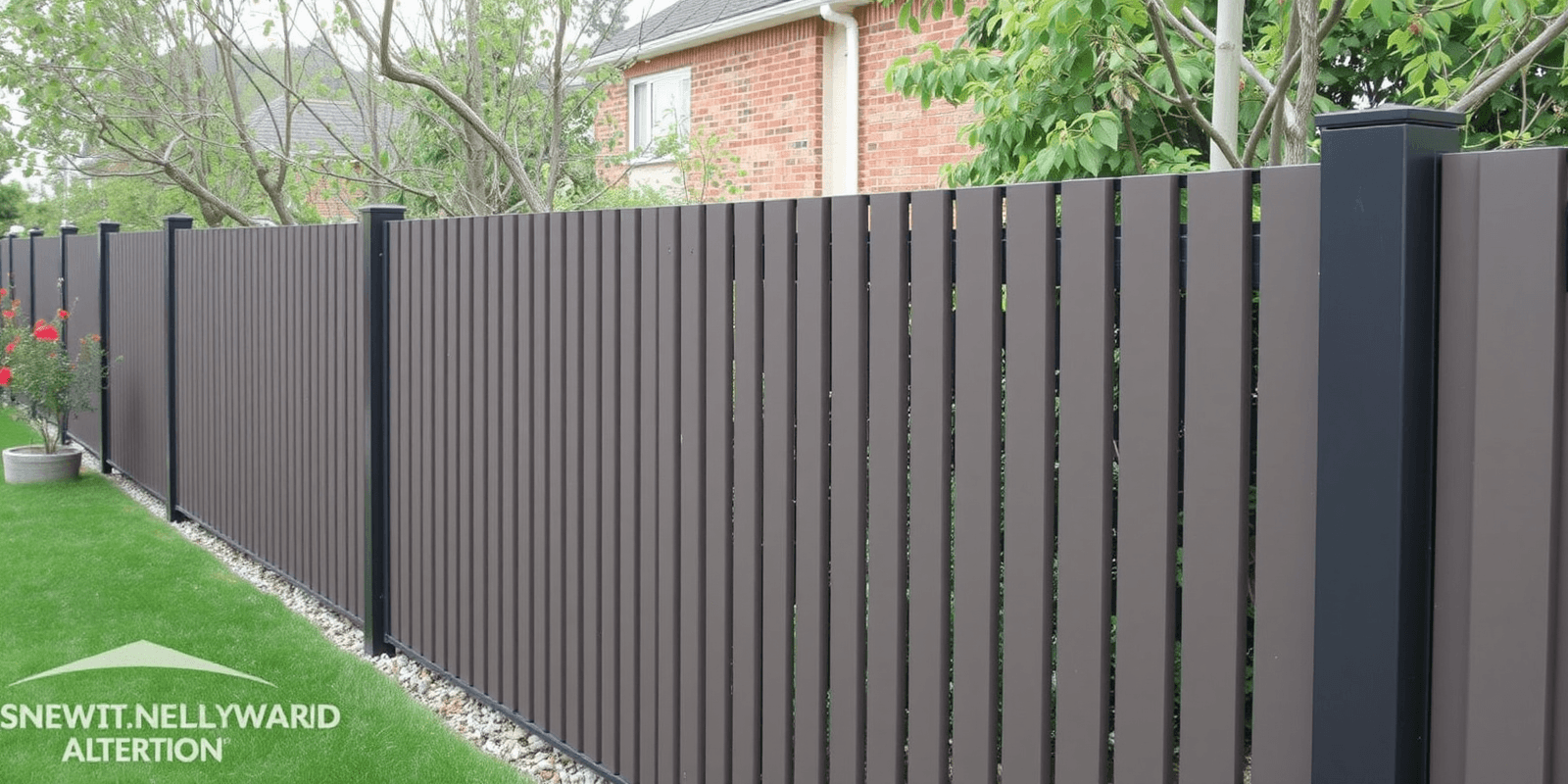
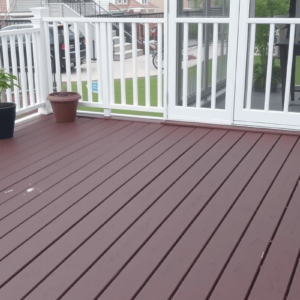
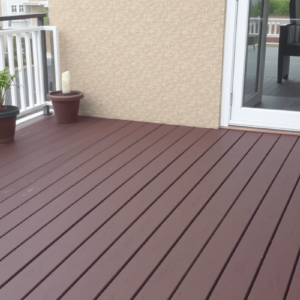
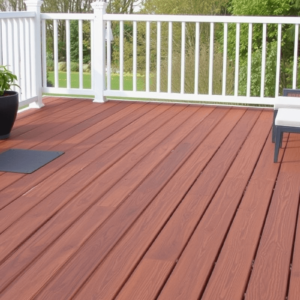
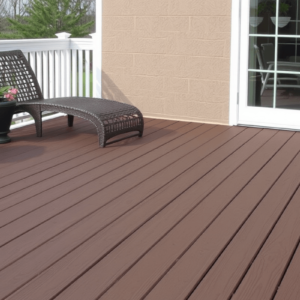
Reviews
There are no reviews yet.